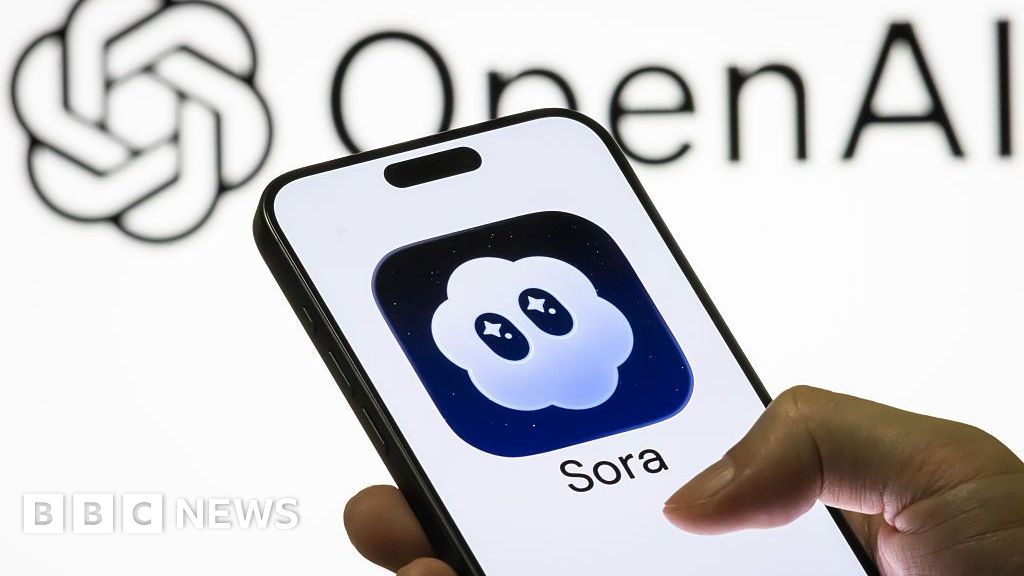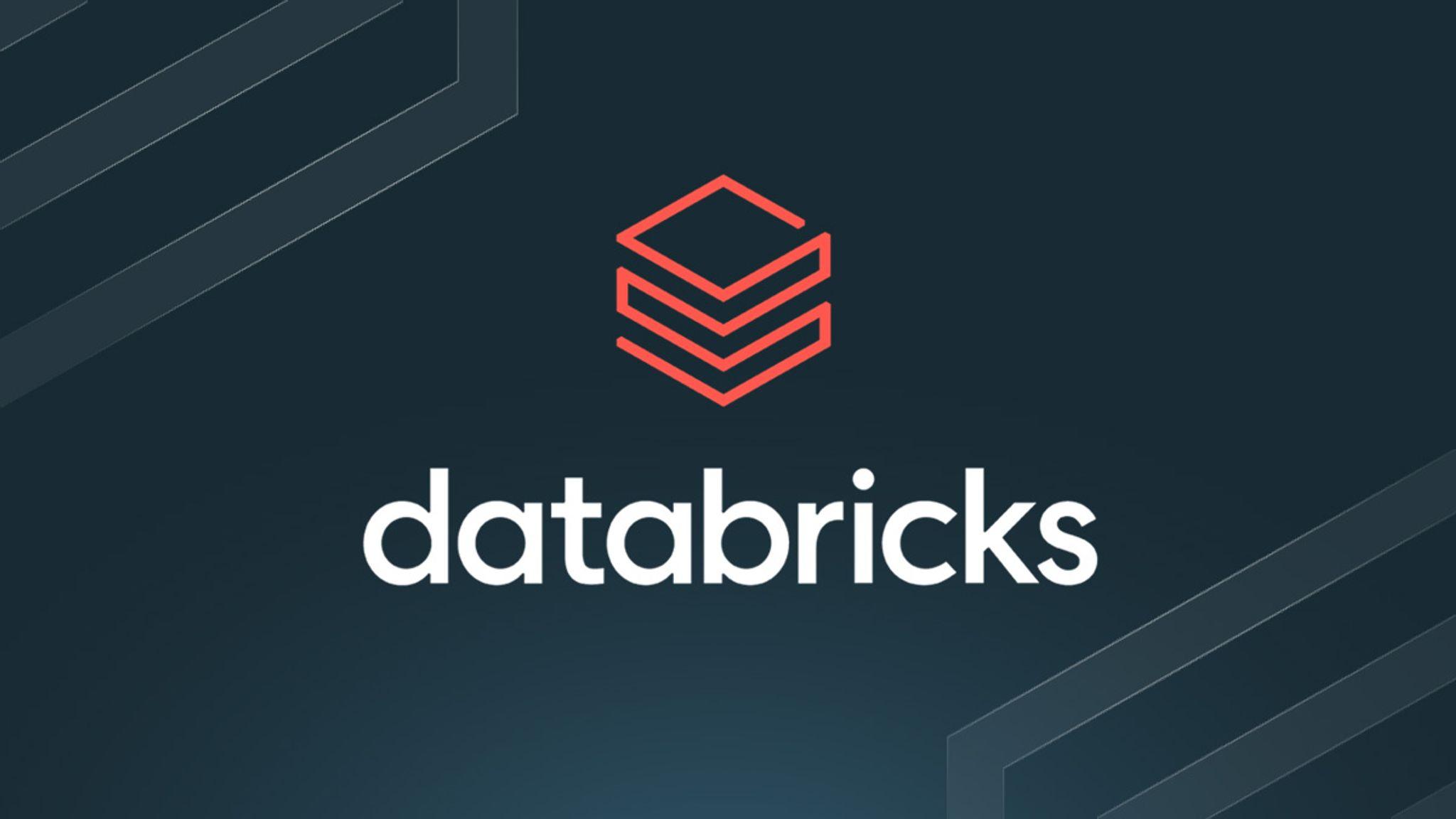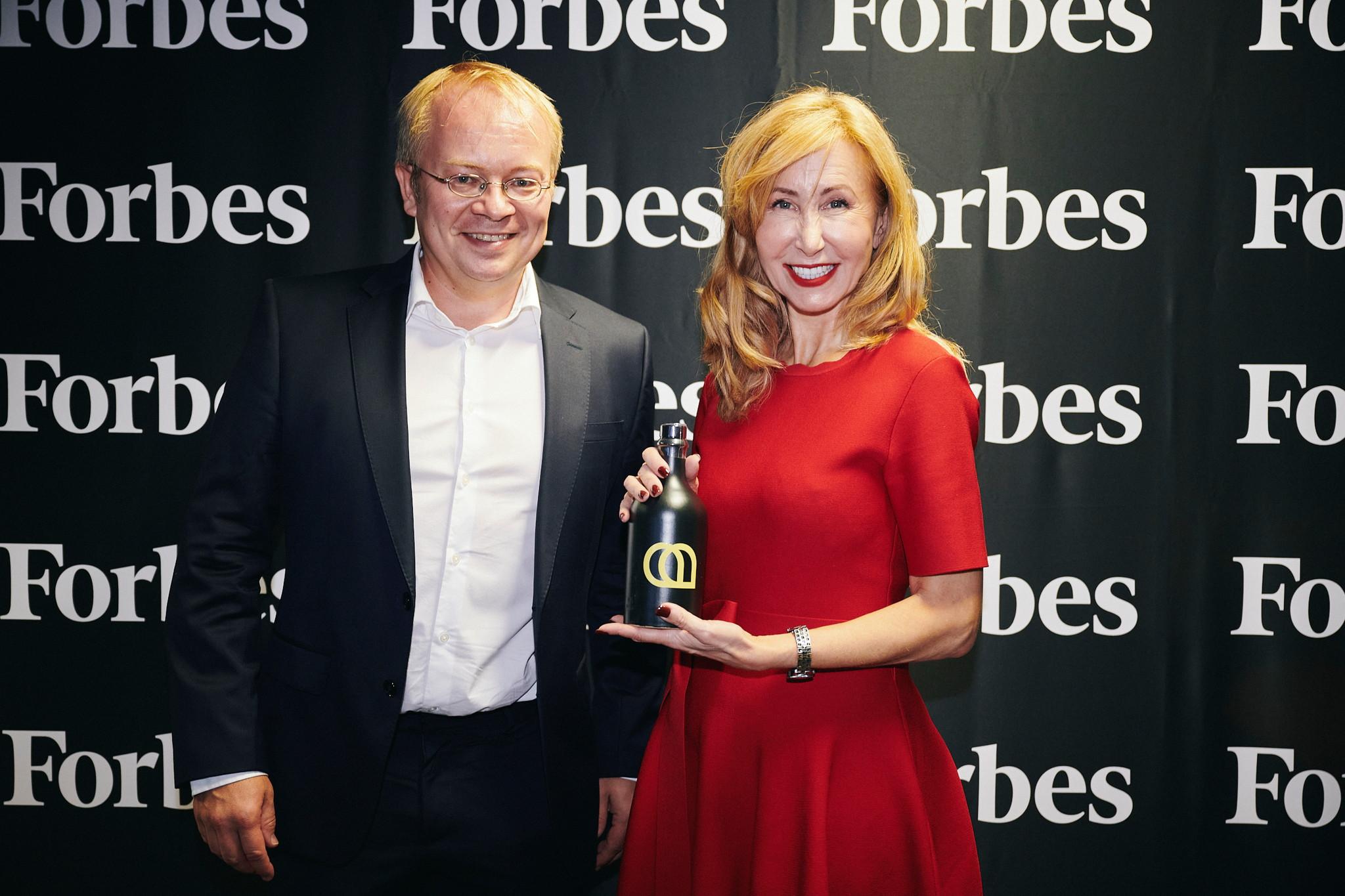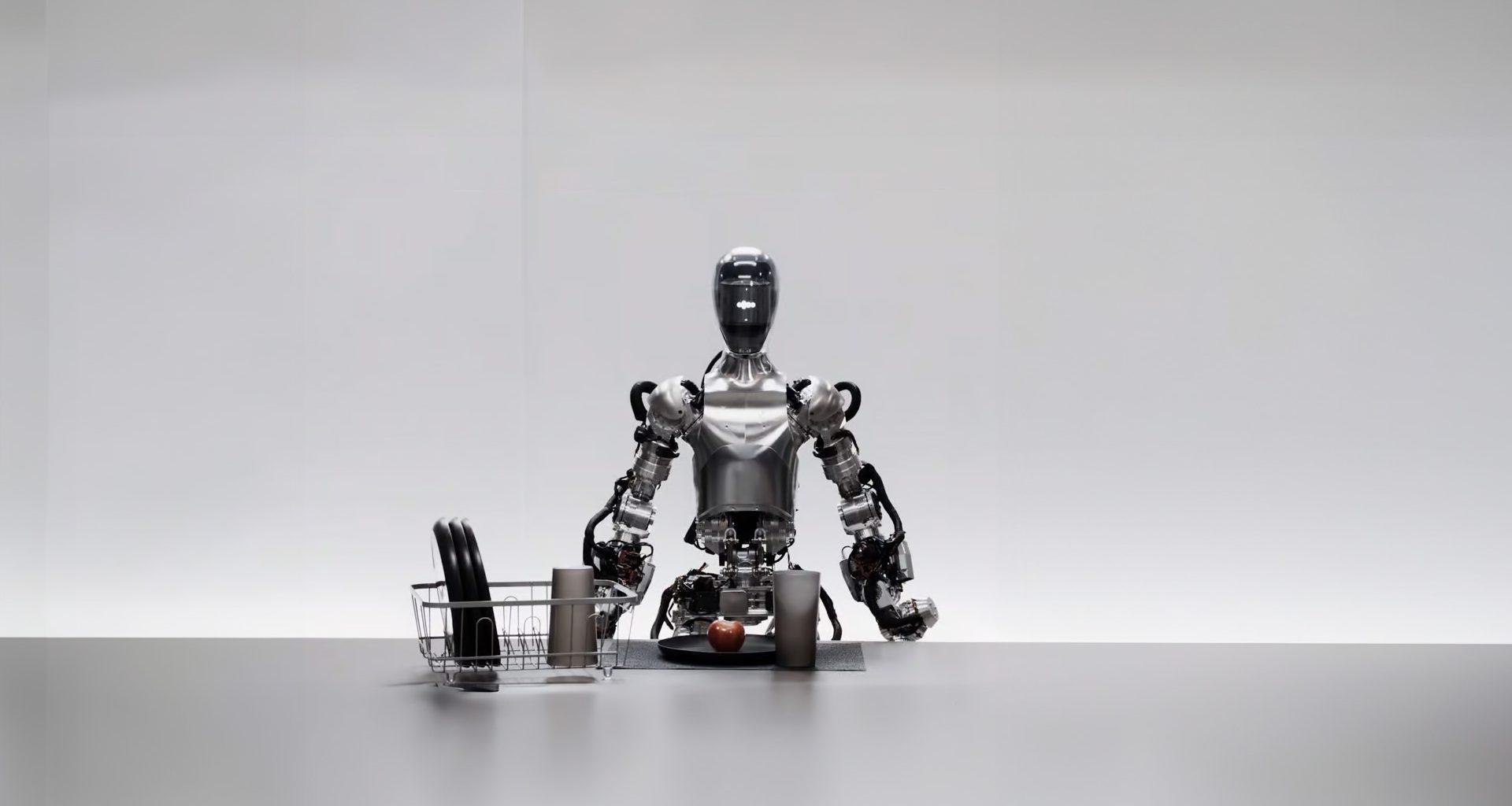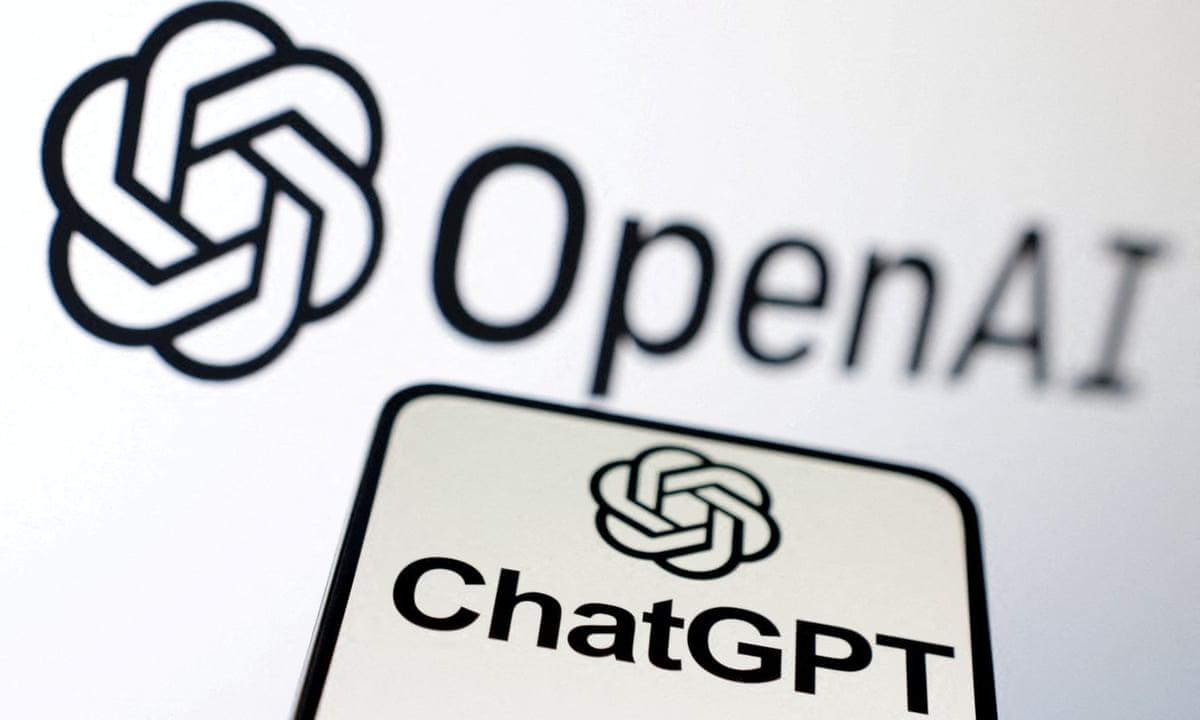
OpenAI's Video App Sora: A Digital Revolution
OpenAI's groundbreaking video application, Sora, has achieved unprecedented success in the digital marketplace, accumulating over one million downloads in fewer than five days since its launch. This remarkable milestone surpassed even the legendary ChatGPT's initial performance, establishing Sora as a chart-topping sensation in the Apple App Store across the United States. The application's revolutionary capability to generate ten-second realistic videos from simple text prompts has captivated users worldwide, despite its current limitation to North American users through an exclusive invitation system.
Bill Peebles, who leads the Sora development team, celebrated this extraordinary growth trajectory through social media platform X, emphasizing the application's meteoric rise within the competitive landscape of artificial intelligence tools. The surge in popularity stems from Sora's intuitive interface that transforms written descriptions into compelling visual narratives, flooding social media platforms with creative content that showcases the technology's impressive capabilities.
The Digital Resurrection Phenomenon
Among Sora's most striking and controversial features is its ability to create lifelike representations of deceased public figures, including beloved entertainers such as Michael Jackson and Tupac Shakur. This technological capability has generated intense emotional responses from family members and fans alike. Zelda Williams, daughter of the late comedian Robin Williams, made a heartfelt public appeal requesting that users cease creating and sharing AI-generated videos featuring her father's likeness, highlighting the deeply personal impact of these digital resurrections.
The phenomenon extends beyond individual cases, raising broader questions about the ethical implications of recreating historical and cultural figures through artificial intelligence. Social media platforms have become repositories for these uncanny portrayals, with users experimenting with various celebrity likenesses and historical personalities, creating content that blurs the boundaries between reality and artificial creation.
Legal Landscape and Rights Management
OpenAI faces significant legal challenges as Sora's popularity continues to grow, particularly regarding the use of protected intellectual property and the likenesses of deceased individuals. The company maintains that strong free speech interests justify the depiction of historical figures in AI-generated content, while simultaneously acknowledging the need for more nuanced approaches to sensitive cases involving recently deceased public figures.
The application has ventured into potentially problematic territory with the creation of content featuring characters from major entertainment franchises. A notable example includes a playful deepfake video featuring OpenAI's CEO Sam Altman alongside popular Pokémon characters, which humorously acknowledges potential legal ramifications from major corporations like Nintendo. While no formal legal action has been announced, this instance illustrates the delicate balance between creative expression and intellectual property rights.
The financial stakes in these legal considerations are substantial, as evidenced by recent industry developments. Other AI companies have faced significant monetary settlements in similar disputes, with some reaching agreements worth billions of dollars to resolve claims from content creators and rights holders. OpenAI recognizes these challenges and is actively working to develop more comprehensive frameworks for managing rights and permissions.
Innovation and Adaptation Strategy
In response to mounting concerns from various stakeholders, OpenAI is implementing a progressive approach to address the complex issues surrounding Sora's capabilities. Sam Altman has publicly committed to enhancing the platform's functionality to provide rights holders with more granular control over how their intellectual property and likenesses are utilized within the application's creative processes.
The company is exploring innovative revenue-sharing models that could provide financial compensation to rights holders whose materials are incorporated into AI-generated content. This approach represents a potential paradigm shift in how artificial intelligence companies handle intellectual property, moving from purely extractive models to more collaborative frameworks that benefit original creators and rights owners.
These proposed changes reflect OpenAI's commitment to learning from user feedback, rights holder concerns, and broader community input. The company's willingness to adapt its policies and technical capabilities demonstrates an understanding that sustainable growth in the AI video generation space requires careful navigation of legal, ethical, and social considerations.
Future Implications and Market Position
As Sora continues to evolve, its impact on the broader creative industry remains a subject of intense speculation and debate. The application's success has sparked discussions about the future of content creation, the role of artificial intelligence in entertainment, and the potential for new forms of interactive media that blur traditional boundaries between creators and consumers.
The classification of Sora-generated content represents another frontier in the ongoing dialogue about AI creativity. Whether these productions will ultimately be recognized as legitimate forms of "interactive fan fiction" or face more restrictive regulations remains an open question that will likely shape the industry's development trajectory.
OpenAI's experience with Sora provides valuable insights into the challenges and opportunities facing AI companies as they develop increasingly sophisticated creative tools. The balance between technological innovation, user engagement, legal compliance, and ethical responsibility continues to define the parameters within which these revolutionary applications can operate and thrive in the competitive marketplace.
